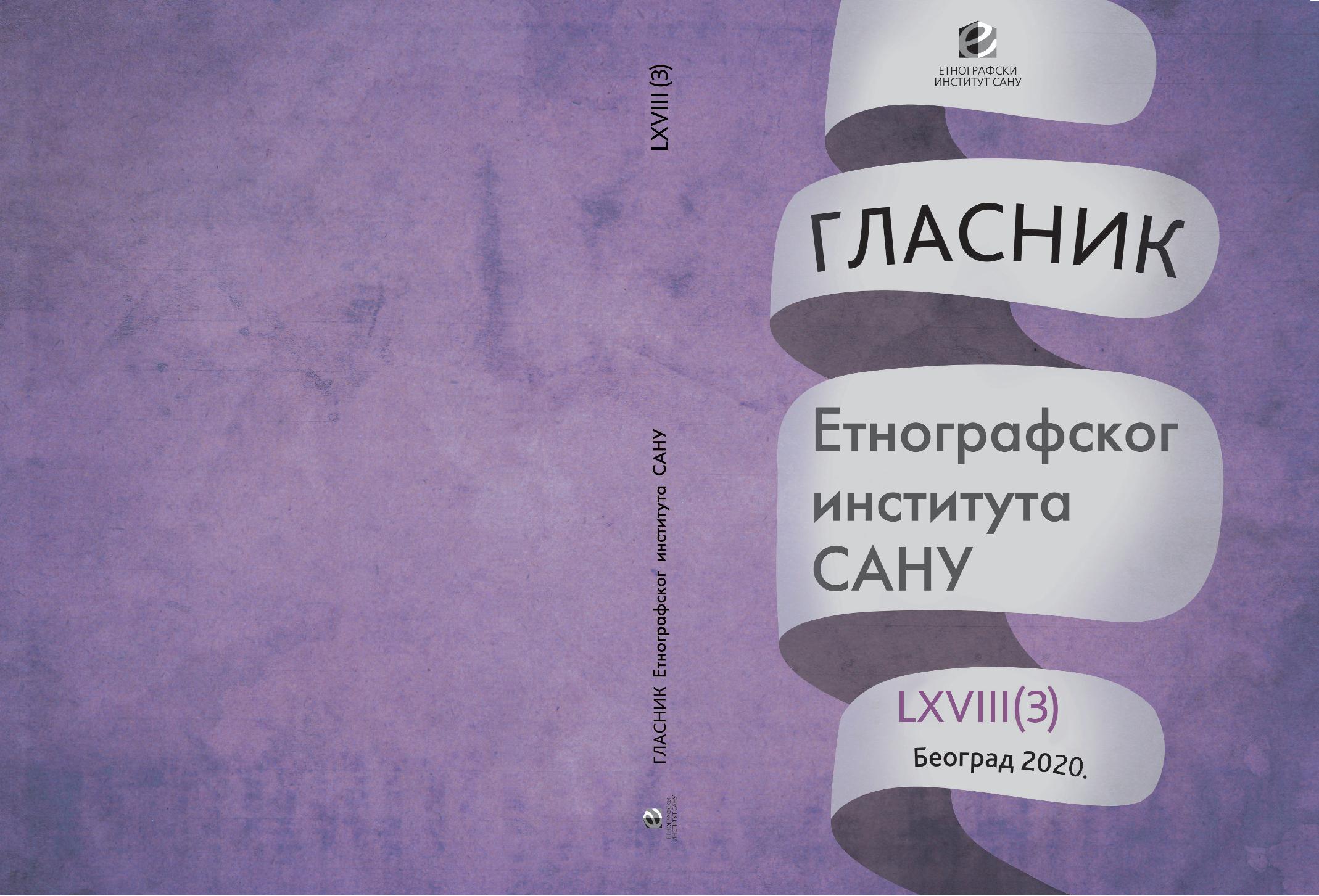Читање музичких искустава жена из Горе
Interpreting the Musical Experiences of Women from Gora
Author(s): Sanja RankovićSubject(s): Cultural history, Music, Local History / Microhistory, Sociology of the arts, business, education
Published by: Етнографски институт САНУ
Keywords: women; Gora; Gorani; musical experience; private- semi-private and public spaces
Summary/Abstract: The ethnic identity of the inhabitants of Gora was formed over the course of many centuries during which time religious conversion took place (from Orthodox Christianity to Islam). This gave rise to a particular cultural matrix based on the continuous movement of various influences, deeply limited by patriarchal values and faith-based rules which dictated that woman’s role be tied to the home and the birthing of children. In this sense the “musical behavior” of women is in accordance with the generally accepted norms deemed desirable by the Gorani environment. Starting in the mid-twentieth century up to today, the ethnomusicological study of the musical and folkloric heritage of Gora has uncovered the role of women in the process of establishing continuity of the rare forms of traditional singing in private, semi-private and public spaces. Analyzing the results of in-field research carried out not only in their traditional homeland but in Belgrade, the musical experiences of the women can be defined as being aimed not only towards their own community, but also representing the promotion of Gorani culture in a wider framework. By comparing the position of the female narrator using chronological and spatial perspectives, their significance is perceived in the process of preserving and popularizing traditional singing, which is concurrently the link with the Others and the “materialization” of this ethnic group’s identity.
Journal: Гласник Етнографског института САНУ
- Issue Year: LXVIII/2020
- Issue No: 3
- Page Range: 613-639
- Page Count: 27
- Language: Serbian

